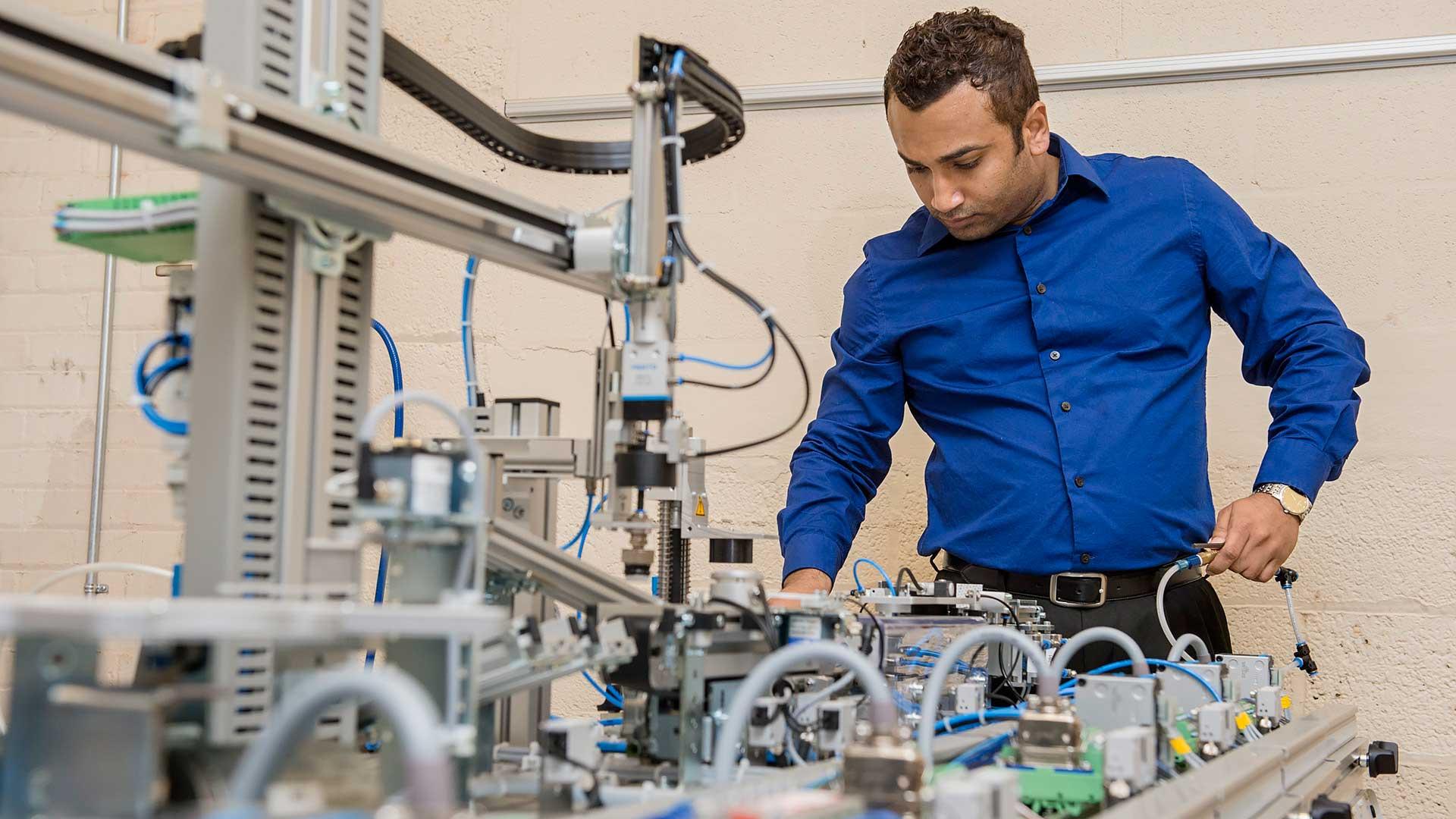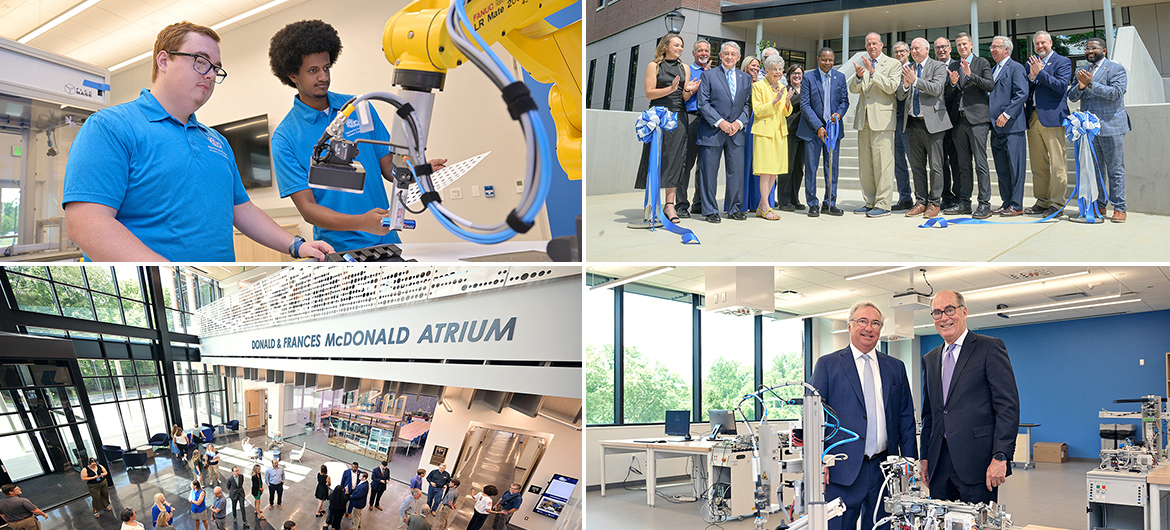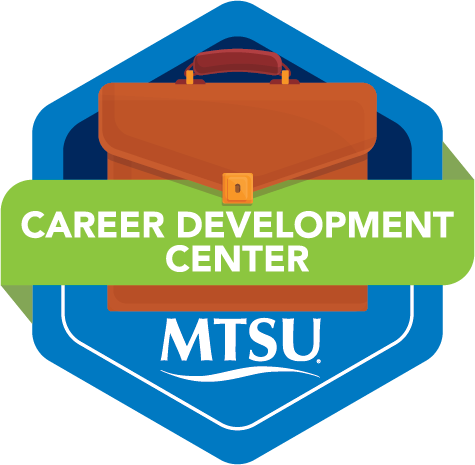
Engineering Technology
Enhance skills with MTSU's Engineering Technology M.S. program. Prepare for leadership roles in tech sector with flexible options.
Engineering Technology, Engineering Technology Concentration, M.S.
The Engineering Technology Concentration in the Master of Science in Engineering Technology (M.S.) program is offered through the College of Basic and Applied Sciences.
The Engineering Technology M.S. program, geared toward full-time professionals with night classes, addresses dynamic changes in business and industry. Technically competent professionals can improve their skills to help them successfully transition into leadership positions in their field of expertise and into a general leadership role outside their area of technical expertise as their careers grow.
Students are educated at the master's level in core engineering technologies and the management of those technologies. The program incorporates courses covering topics common to all areas of the technology sector of industry, including Six Sigma, Lean Manufacturing, state-of-the-art technologies, alternative energy sources and conservation, engineering project management, applied research, and safety.
MTSU's graduate degree includes both thesis and non-thesis options. The non-thesis option includes a research and a business/industry project that must demonstrate Six Sigma methodology. Each course offers an industry component that provides real-world experience, while students also conduct applied research in several classes.
Faculty members are highly experienced in their fields and have close ties to area industry.
Under the Engineering Technology concentration, the degree requires the student to select courses, as approved by the graduate advisor, that provide the student with a technical area of specialty or a minor in another department. Currently, typical technical areas include computer systems and networking, mechatronics, robotics, energy harvesting, instrumentation and control, analog and digital electronics, automation, machine design, manufacturing, quality control, and optimization. Other technical areas or a minor can be designed to meet the student's individual needs if approved by the graduate advisor.
News Briefs

MTSU unveils cutting-edge Applied Engineering Building, prepping students for high tech careers [+VIDEO]
Current Middle Tennessee State University students like Abbie Lee and those in the future will benefit from the new 90,000-square-foot Applied Engineering Building, officially opened Wednesday, Aug. 6, with a ribbon-cutting attended by hundreds of university and program supporters.[ Read More ]
News Briefs

MTSU unveils cutting-edge Applied Engineering Building, prepping students for high tech careers [+VIDEO]
Current Middle Tennessee State University students like Abbie Lee and those in the future will benefit from the new 90,000-square-foot Applied Engineering Building, officially opened Wednesday, Aug. 6, with a ribbon-cutting attended by hundreds of university and program supporters.[ Read More ]
Related Media

Engineering Technology, Engineering Technology Concentration, M.S.
This program teaches students interpersonal, management, and engineering skills needed for success in technology-driven organizations, whether public or private. The focus on these enhanced skills reflects an increasing need in the workplace for graduate students to fast-track into engineering/technical management or high-value specialty knowledge management positions. Industry areas include manufacturing/assembly, medical, human resources/training, and service (retail, food service, etc.), as well as applied sciences. Some potential positions for degree-holders
- Engineering designer
- Engineering project manager for
- Process control companies
- Enterprise resource systems developers
- Technology development enterprises
- Manager for global technology companies
- Process and product engineer for manufacturing operations
- Safety engineers and manager for production operations
- Engineering and technical manager for
- Manufacturing operations (including design, assembly, and fabrication)
- Health care
- Food production
- Training/consulting
- Government agencies
Employers of MTSU alumni include
- Barrett Rifles
- Bridgestone-Firestone
- Calsonic North America Inc.
- General Mills/Pillsbury
- MAHLE Tennex Filters
- Murfreesboro Electric Department
- Nissan North America
- Rich’s Products
- Schneider Electric
- State of Tennessee
- Tennessee Valley Authority
- Tridon Clamps
- Vanderbilt Medical Center
- Veterans Administration

MTSU’s Career Development Center
MTSU offers a comprehensive Career Development Center that serves students throughout the full student experience and beyond. They collaborate with faculty and staff to equip students with the tools to be marketable to the world of work and continuing education.
Students can schedule an appointment or check online resources and job boards at mtsu.edu/career.
Students can find current internship opportunities by talking to faculty and visiting the University job and internship board called Handshake.
Wondering what you can do with your major? Check out our What Can I Do with A Major In guides.



Professional and Accreditation Organizations
- Accreditation Board for Engineering and Technology (ABET)
- American Society of Engineering Education (ASEE)
- Society of Manufacturing Engineers (SME)
Related Links

CONTACT US















